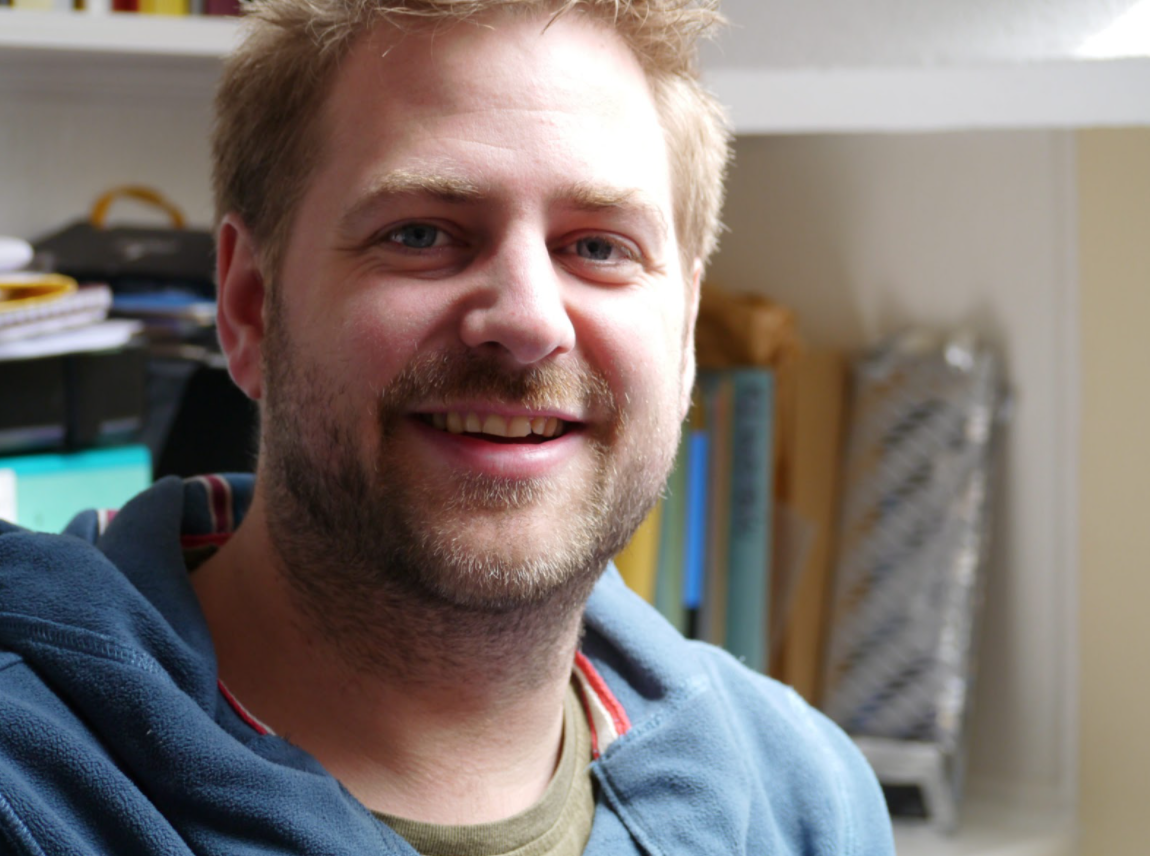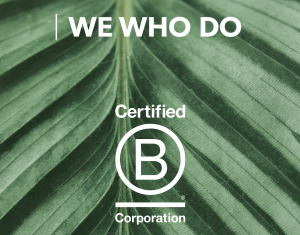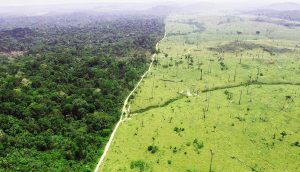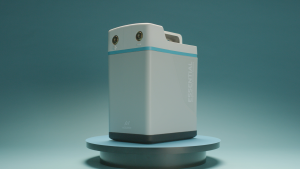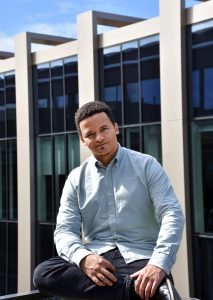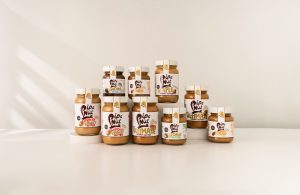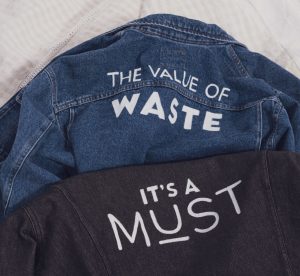UrbanThings’ product Ticketless™ combines mobile ticketing for passengers, with a cloud-based backend reporting system. Their software powers over 130 million passenger journeys across the world each year.
We sat with CEO, Carl Partridge, to find out more about UrbanThings.
Where did the idea for UrbanThings come from?
Carl: Back in 2011, I created ‘London Bus Checker’, London’s first live bus times app. Soon after, I expanded it into ‘UK Bus Checker’, and white-labelled this for other transport operators in countries around the world.
By 2017, we were already telling passengers when their bus was going to arrive, and we realised there was a much greater opportunity to combine this with mobile ticketing to give passengers a better experience. Our goal was to devise a way that people could travel around seamlessly, without needing to fumble in their pockets for a paper ticket, card or cash. This has become even more prevalent in recent months, as we shift into a cashless world where people are more reliant on their smartphones than ever before.

What is Ticketless™ and how does it work?
Carl: Ticketless is a smart mobility platform – and if you’re wondering what that is, I’ll explain.
For passengers, Ticketless is a branded app, which can be used to see live travel information and to purchase tickets all in one place. For operators, there is a cloud-based back office which provides detailed reporting and shows rich passenger data, such as how many people are on their vehicles in real-time. It is adaptable for individual or multi-operator networks, city authorities, governments and as well as networks that use various modes of travel such as bus, train, e-bike etc.
How have the last few months impacted UrbanThings?
Carl: The last few months have completely shifted the way people think about public transport, and we focused on the challenge of social distancing to help encourage people back on to public transport. Having information about your journey, and how crowded the services are likely to be, gives passengers the confidence and the opportunity to plan their journeys accordingly and avoid “peak” stops and times.
Providing passengers with live occupancy information is a great start to solving the problems of social distancing on public transport. But it is only half the solution. Passengers don’t need to know the occupancy of a train or bus when it’s arriving at their stop. They need to know the occupancy when it’s leaving. At busy interchange points, a bus or train is more likely to be full, but it is also likely to shed a significant number of those passengers at the stop… To tackle this, we created our occupancy prediction technology. It uses a combination of historic vehicle loading data and live vehicle occupancy to generate future occupancy predictions and feeds this directly back to the operator and their passengers.
So, as you can see, the team has been hard at work this year! We are continually developing and innovating the product and never stand still.
What do you do in the sustainability space?
Carl: By providing the public with travel information and an easy way to purchase tickets, we are encouraging people out of their cars and into sustainable public transport. With the potential to include active travel options, like cycle schemes alongside traditional modes of transport, cities and governments can promote healthier and greener approaches to travel via our platform. Our Ticketless platform can tell operators how many passengers are on their vehicle in real-time.
In terms of environmental benefits, this is huge. Historically, buses would keep to their schedules and would run whether they had passengers on or not. With the data analytics we can provide, operators can know if their vehicle is running half-empty. They can then restructure timetables, optimise routes and change-up their fleet to save fuel, save money, and run more sustainably. Ticketless also encourages the move away from printed tickets and wasteful smart cards which brings about a positive change.
Where do you see the company in five years time?
Carl: The way in which we travel will transform beyond recognition. The days of ‘turn up and go’ services are numbered; passengers expect a personalised service that responds, in real-time, to their demand. UrbanThings exists to build a platform that will match passenger demand to transportation supply; allowing all operators and cities to provide their citizens with personalised transportation services in real-time.

